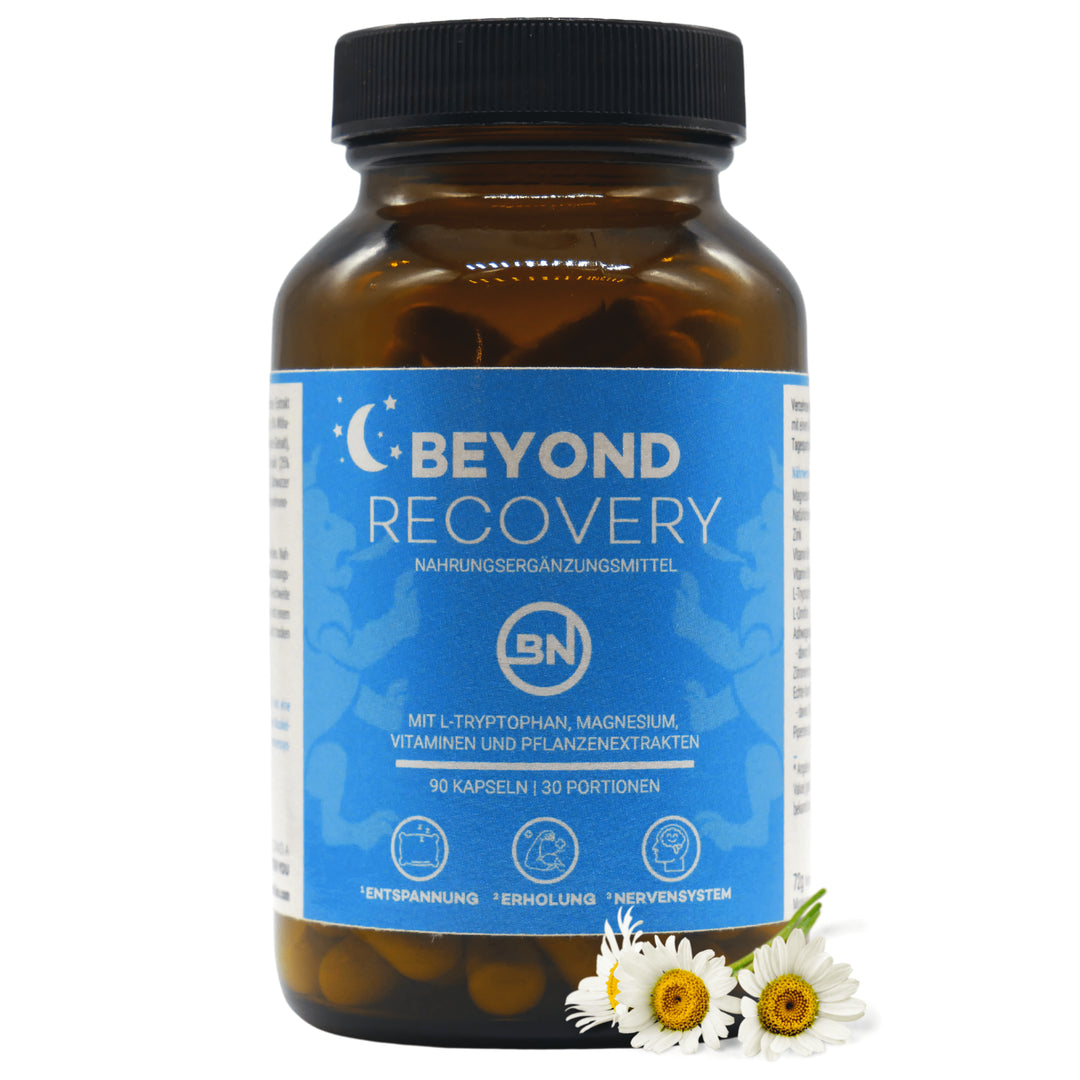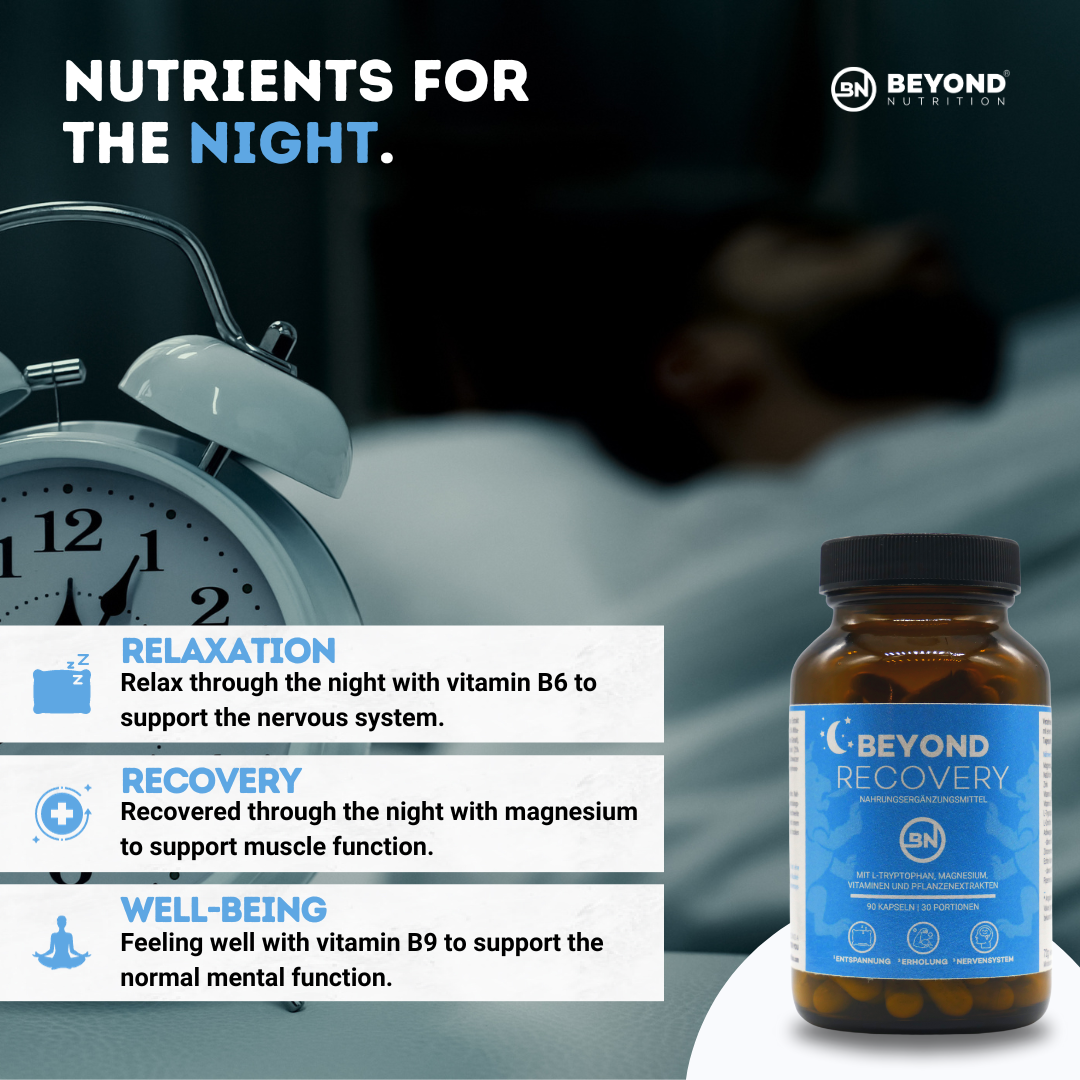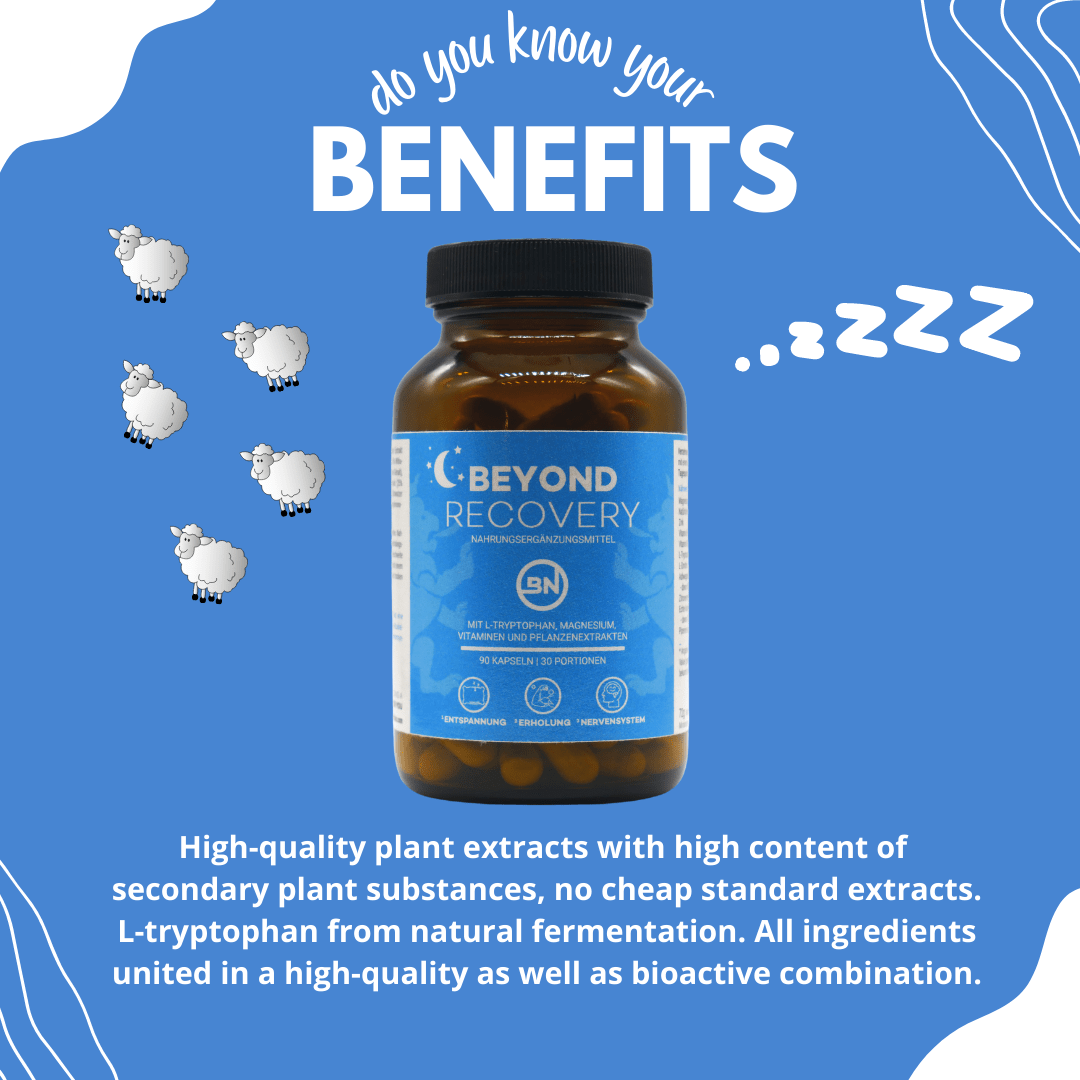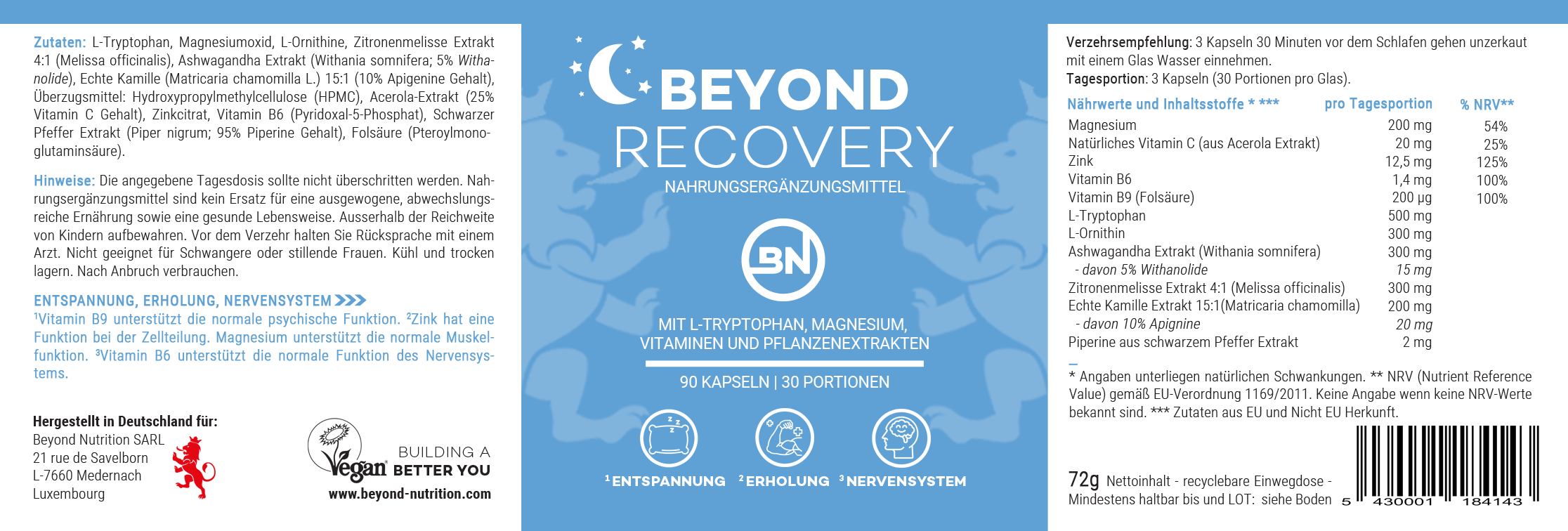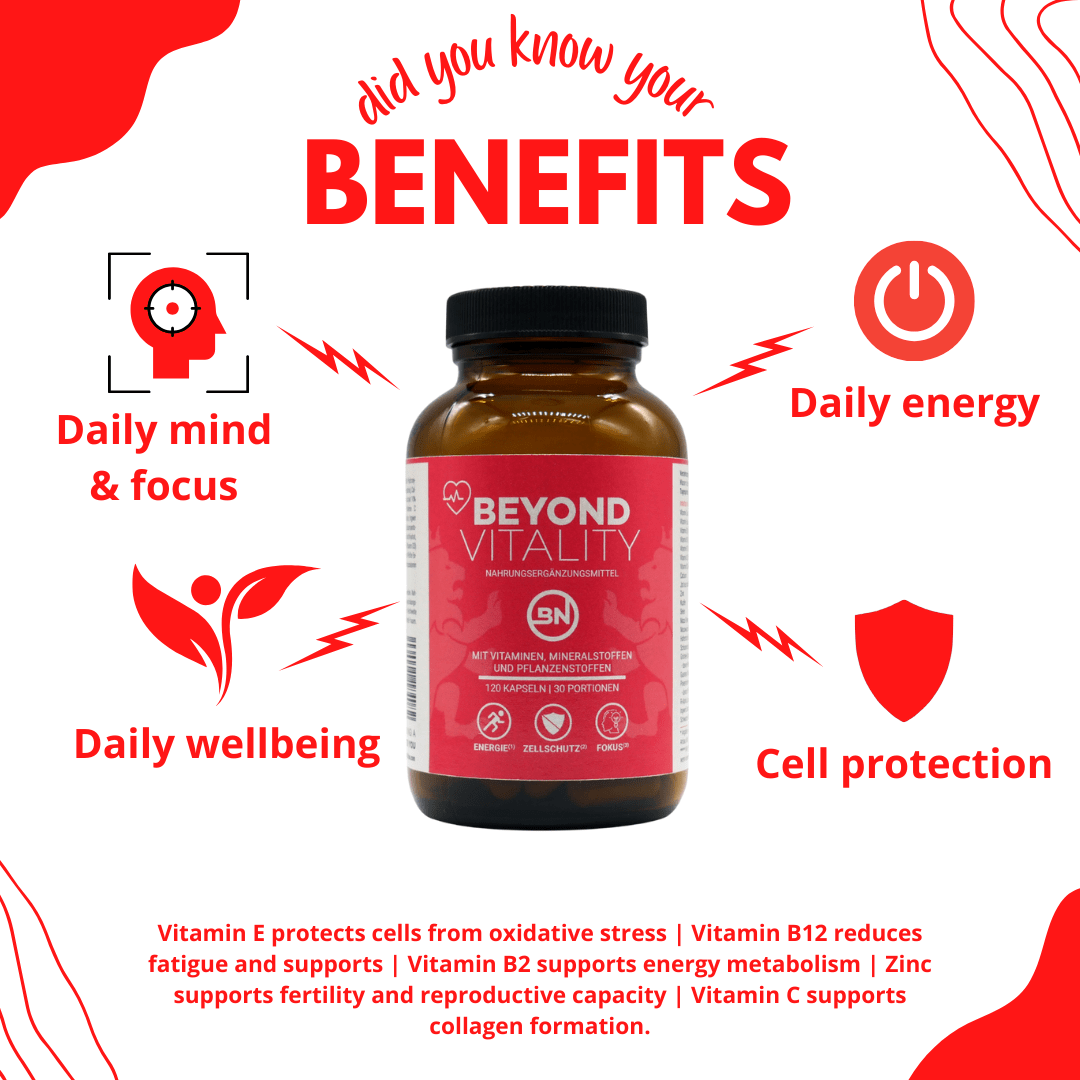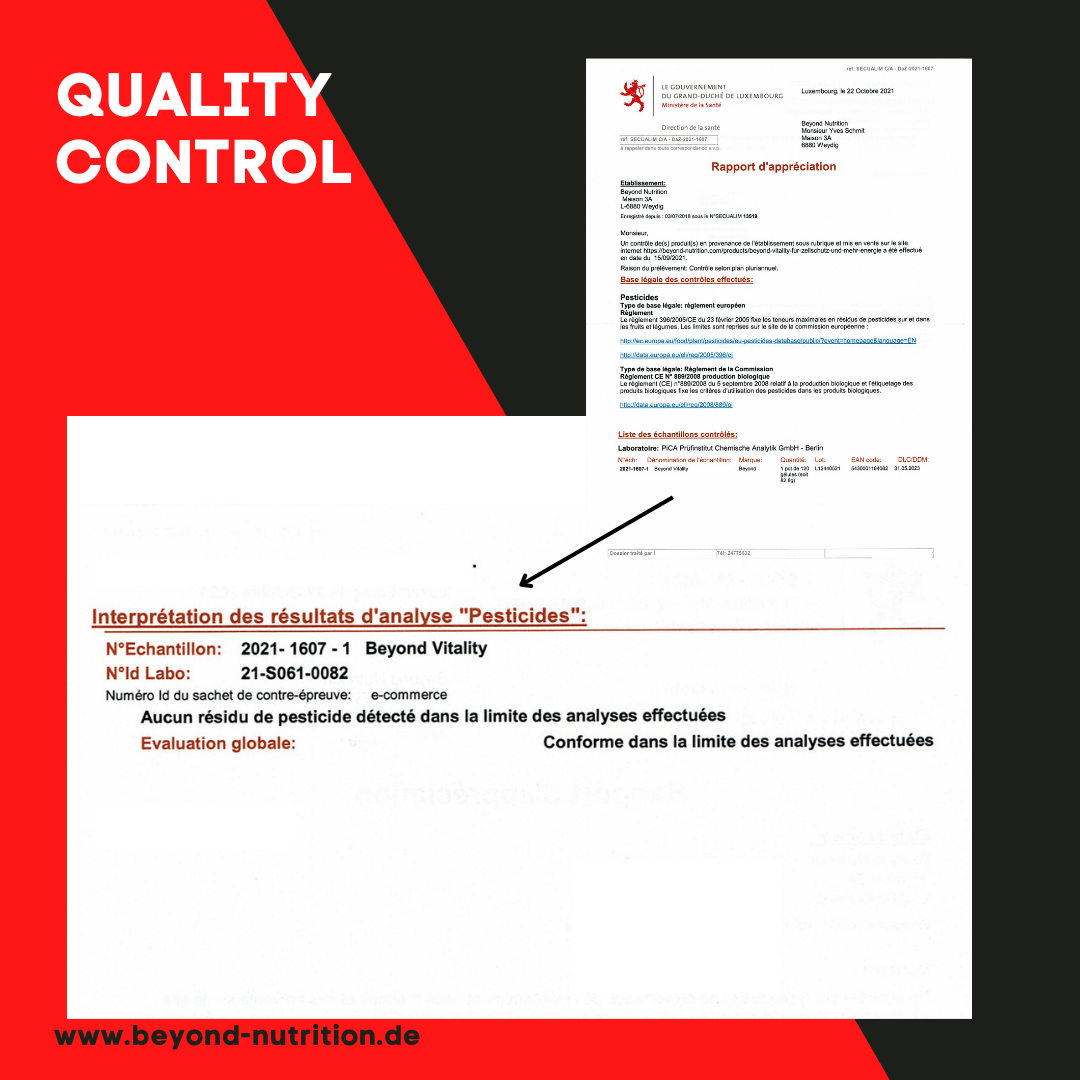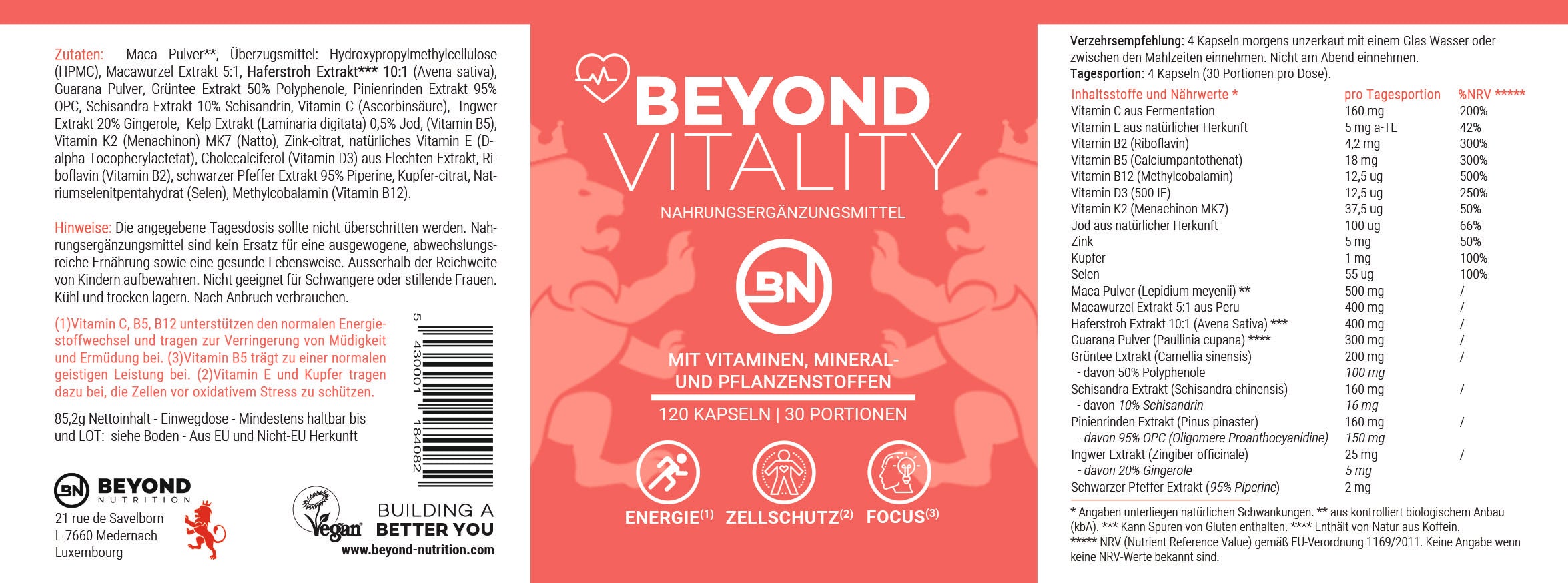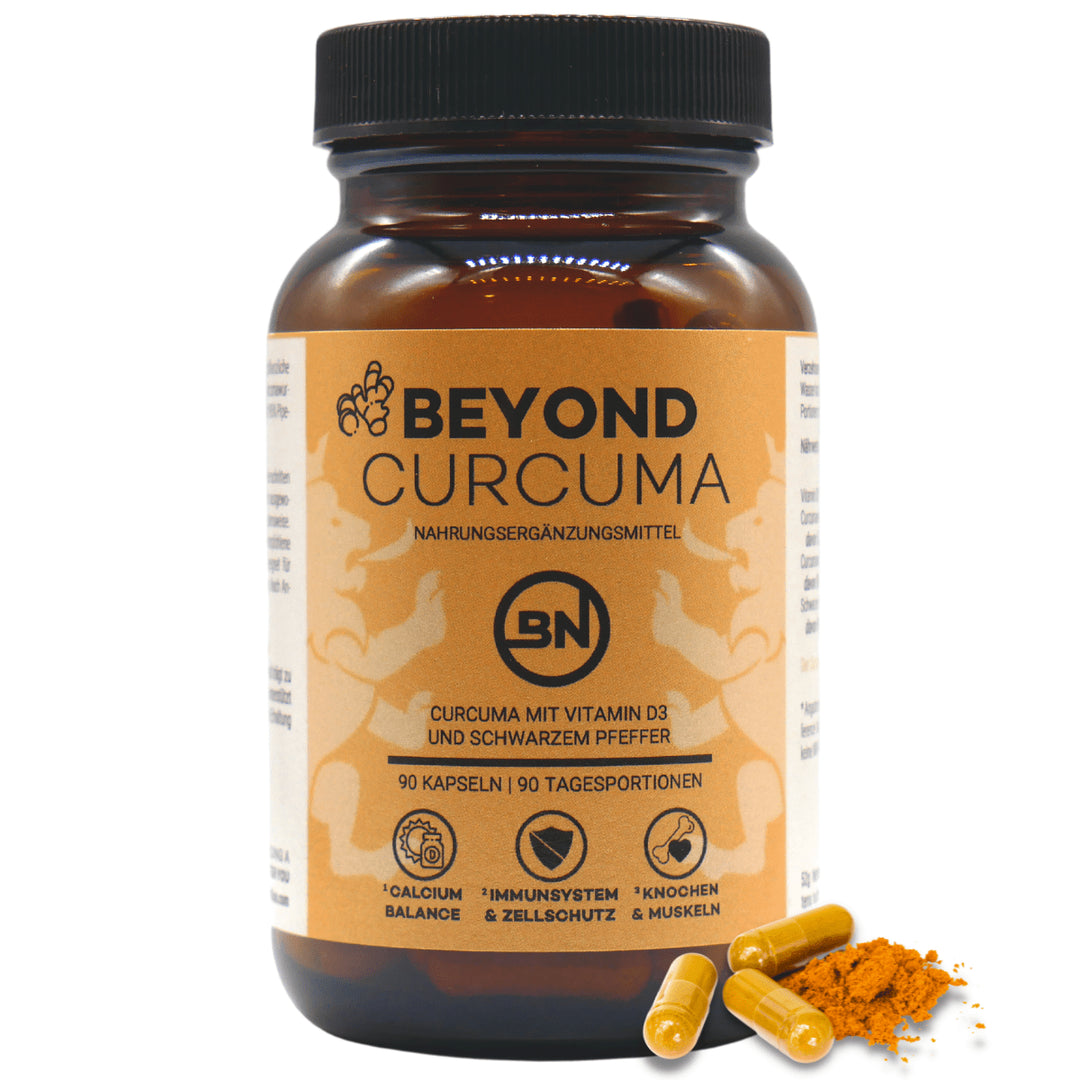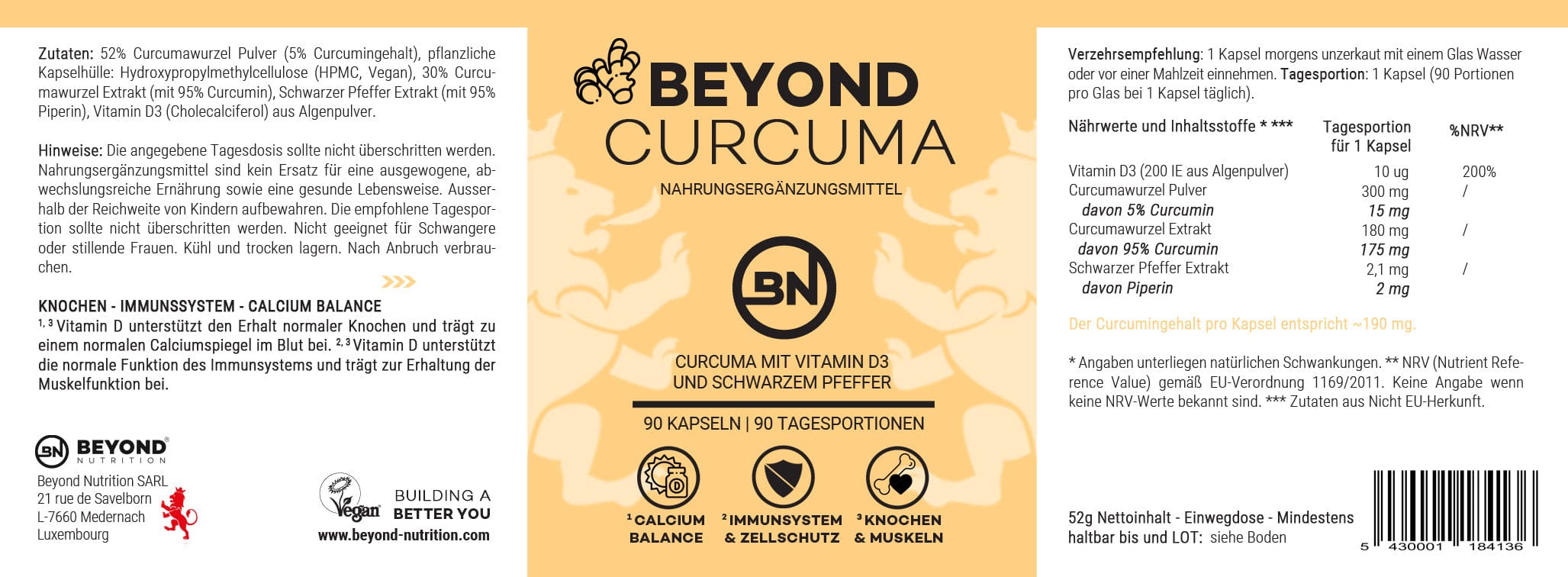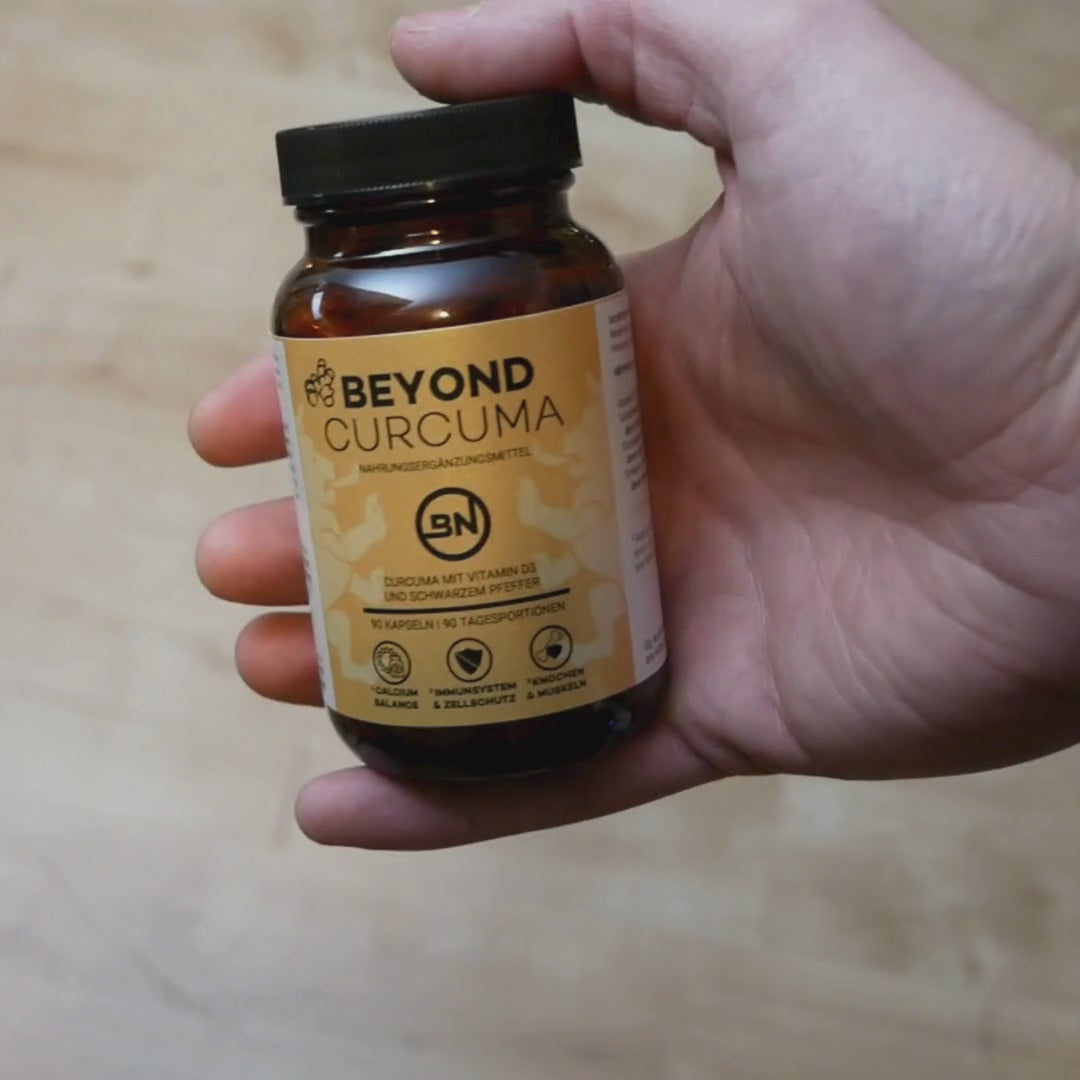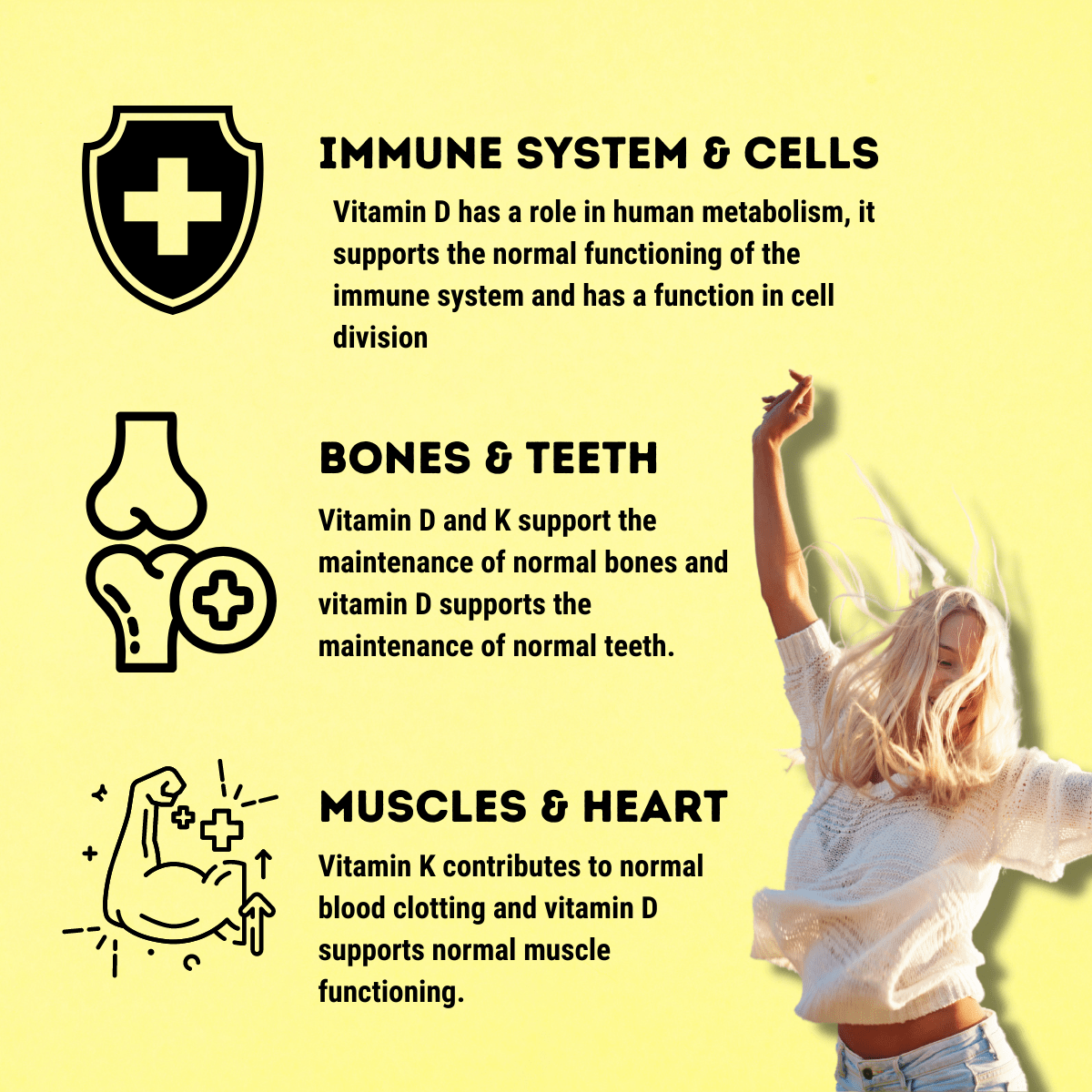What is sleep and what do we need it for and what happens during sleep.
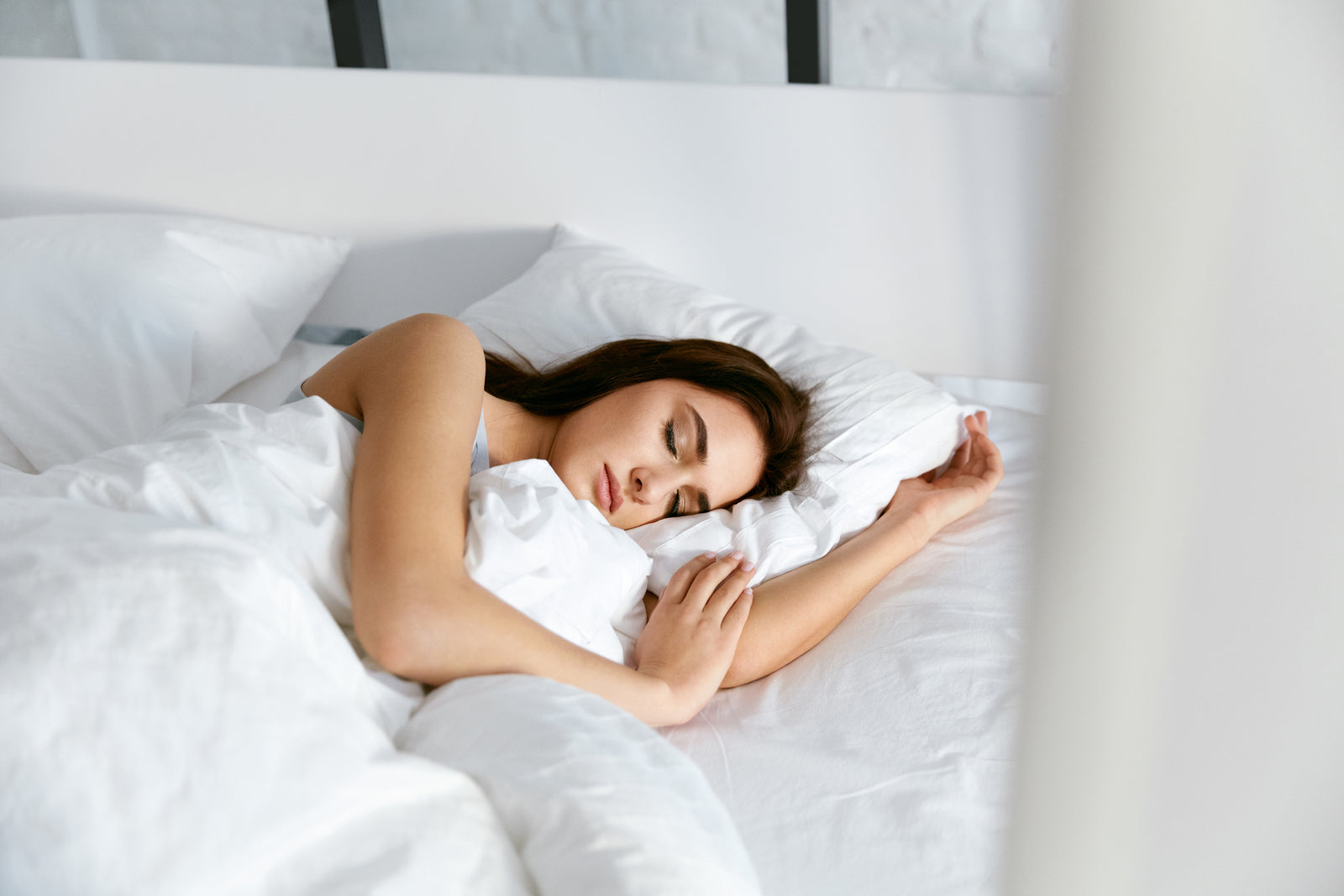
Sleep is like health: as long as it's there, nobody pays attention to it - when it's gone, it becomes the overriding issue.
What do we do in a third of our lives? Sleep. At least if things go well. Why do people do it at all, how many hours are enough and what helps if we can't fall asleep in the evening and wake up in the morning exhausted?
Researchers now know that different areas of the brain as well as messenger substances and hormones are involved in our sleep. Sleep is also of central importance for relaxation and recovery, so that our bodily functions are maintained over the long term.
During sleep, the immune system is activated, metabolic products and damaged cells are broken down, toxins are eliminated and muscles are regenerated. In addition, wounds heal, skin and hair grow back, the brain processes the experiences of the day, our memory expands and our psyche recovers.
However, one in four adults sleeps poorly. We turn off the light, close our eyes - and are wide awake. Thoughts are circling, making us nervous, maybe even anxious, and won't let us rest.
How does sleep actually work?
Sleep is a complex process in every highly developed living being. Recent research has shown that sleep is a very active state for our organism. This means that many metabolic processes take place at this time, and only during this time.
The sleep-night rhythm is mainly controlled by light. The light hits the retina and releases impulses to which our brain reacts. During the day, when a lot of sunlight hits the eye, the brain produces the happiness hormone serotonin, which is made up of the amino acid, among other things L-Tryptophan and other nutrients formed. Serotonin is an important messenger substance in the body, which plays a prominent role in the transmission of signals in the brain, but is also of crucial importance in the cardiovascular system or in the intestinal nervous system.
Towards evening, twilight sets in and less light hits the eye, signaling the brain that it's almost time for sleep. In the pineal gland is now using the accumulated serotonin and other nutrients such as Vitamin B6, the sleep hormone Melatonin educated. Melatonin is primarily responsible for initiating the sleep phases, especially falling asleep and deep sleep. Sleep is divided into 4 phases.
The 4 stages of sleep
Our sleep is divided into 4 different phases which are repeated during the night.
Phase 1: Falling asleep / wakefulness 3%
The falling asleep phase serves as a transition between wakefulness and sleep. The body prepares itself for the actual sleep. Blood pressure drops, heart rate slows, and breathing becomes calmer. A general state of relaxation spreads over the whole body.
We also wake up briefly during the entire sleep cycle, but we can no longer remember it in the morning. This is evolutionary. Today we sleep in safe houses. In the past, in the steppe or in the cave, it was vital to recognize and react to dangers at night, i.e. to wake up quickly. The individual waking phases date back to this time. This can be observed today with parents who generally sleep lightly in the first months or even years of childhood and react to every noise and wake up immediately.
Phase 2: Light sleep 55%
Light sleep follows directly after falling asleep. Our consciousness rests in it and we only react to a limited extent to external stimuli. The blood pressure continues to drop and the heart rate levels off at a minimal rate. This is important for heart muscle and blood vessel recovery. Among other things, sleep is essential for a healthy cardiovascular system. In light sleep, however, one can quickly wake up again. Everyone knows it, dozing off and suddenly we startle: "Did I fall asleep?".
Phase 3: deep sleep 17%
About 30 minutes after falling asleep, we fall into the first and longest phase of deep sleep. During the night, the body goes through a total of 2-3 deep sleep phases. During deep sleep, the body releases growth hormone (HGH). Growth hormones stimulate the regeneration of body cells and strengthen our immune system. According to the latest research, melatonin also plays an important role in our immune system. The body begins to break down the stress hormone cortisol.
Scientists have been able to prove that the volume of the brain increases during the deep sleep phase. It fills with liquid, which is then broken down again. This is probably how metabolic waste products and other pollutants are removed from the brain. Proof of the important role of the deep sleep phase in our health.
Phase 4: Dream Phase (REM) 25%
Each deep sleep phase is followed by a dream phase, the so-called REM phase. REM stands for "Rapid Eye Movement", because during this phase the eyeballs roll and twitch behind the closed lids. To protect ourselves from injury, we are in a paralyzed state during the dream phase. So muscles do not react to the experiences in the dreams. In them we process the experiences of everyday life. Fears and secret desires are also reflected in our dreams. It is believed that our dreams are influenced by our subconscious, which we have little control over. Dreams are therefore important for mental and psychological well-being and balance. We often forget our dreams shortly after waking up, but it is certain that we dream every evening, it is an integral part of the sleep process.
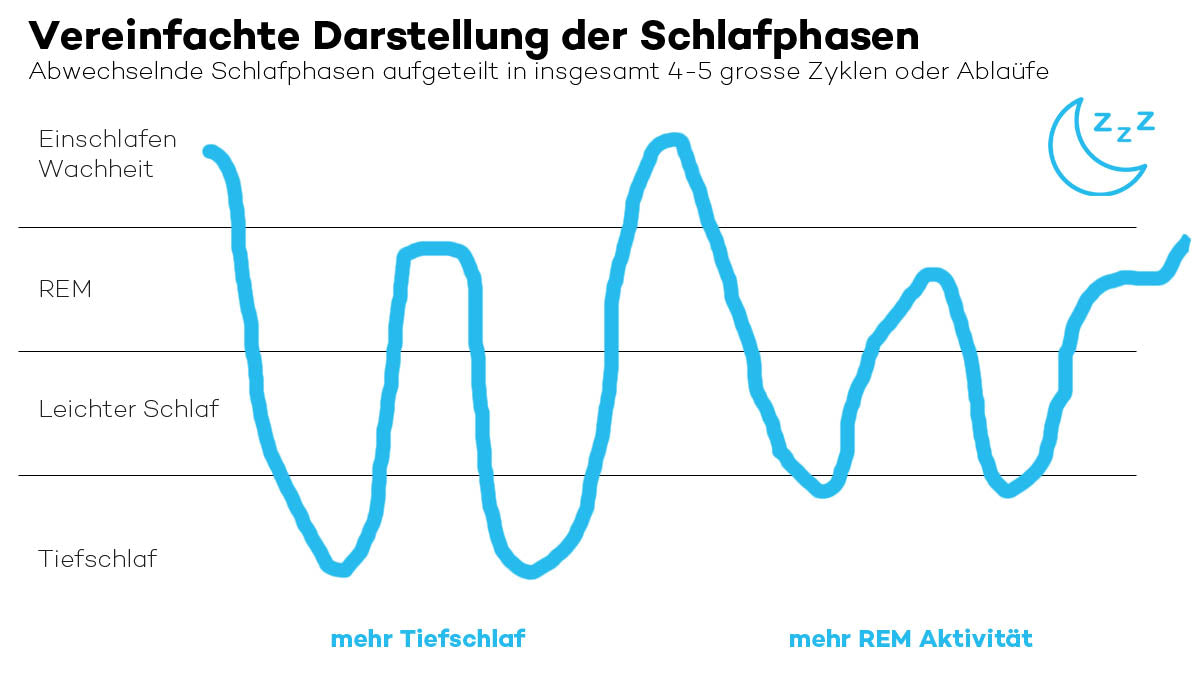
How much sleep do you need and how much sleep is healthy?
There is no general rule as every body is different. Thus, only one standard can be determined. The average sleep duration for adults is about 6.5-8 hours. This is the time needed for physical and mental recovery while sleeping. However, many factors play a role here, such as genetics, age, professional activity and the level of mental and physical stress during everyday life. Even one hour of sleep less than usual, over several nights, leads to a feeling of tiredness and exhaustion during the day. So everyone has to find an optimal sleep rhythm and sleep duration for themselves.
So we sleep to stay healthy.
Yes, exactly, sleep is essential for a healthy body and mind. The health of the population is increasingly characterized by properties such as wellbeing, efficiency and adaptation are defined, and not only by the absence of disease. Sleep health or "healthy sleep" should also be among these traits.
When it comes to sleep, often only negative characteristics are addressed, such as sleeping problems or nightmares. Rather, one should concentrate on the positive qualities of healthy sleep and convey them.
Important sleep factors for a healthy sleep are:
- The sleep duration: How long do you sleep in total?
- continuity in sleep: Do you often wake up or do you sleep through the night?
- bedtime: When do you go to bed? Is there a fixed rhythm?
- performance during the day: Am I tired and listless during the day?
The study "Sleep Health: Can We Define It? Does It Matter?" tried to define the topic "sleep health". Analyzes of a large number of other studies and specialist literature have clearly shown that the sleep factors are directly related to various diseases. These included the "Metabolic Syndrome', cardiovascular disease, depression, neural dysfunction and diabetes.
Study:
Sleep Health: Can We Define It? Does It Matter
https://www.ncbi.nlm.nih.gov/pmc/articles/PMC3902880/
sleep and memory
The study "Sleep to find your way: the role of sleep in the consolidation of memory for navigation in humans." dealt with the effect of sleep on orientation skills. The results suggest that an improvement in spatial performance is only observed when learning is followed by a period of sleep.
Study:
Sleep to find your way: the role of sleep in the consolidation of memory for navigation in humans.
https://www.ncbi.nlm.nih.gov/pubmed/18493970/
Another study looked at the connection between the REM sleep stage and memory storage. It has long been speculated that during the REM sleep phase, our brain sorts and stores memories. However, no connection could be established. It seems that it is probably a combination of the individual sleep stages that controls the processes of our memory and memories.
The REM sleep-memory consolidation hypothesis.
https://www.ncbi.nlm.nih.gov/pubmed/11691984
The relationship between REM sleep and memory consolidation in old age and effects of cholinergic medication.
https://www.ncbi.nlm.nih.gov/pubmed/17141741
sleep and well-being
Another study from Japan examined the influence of certain habits on the sleep behavior and performance of older people. The present authors reported that short naps (30 minutes between 1300 and 1500 hours) and moderate exercise such as evening walks are important for maintaining and improving sleep quality.
This underlines the importance of physical activity and sunlight to activate the day-night rhythm and the serotonin/melatonin metabolism.
Mental health also improved according to the study, along with improvements in sleep quality. The link between sleep and overall mental well-being is well established.
Study:
Sleep health, lifestyle and mental health in the Japanese elderly: ensuring sleep to promote a healthy brain and mind.
https://www.ncbi.nlm.nih.gov/pubmed/15172202/
What happens with lack of sleep? How long without sleep?
The body can cope with a lack of sleep for a short time, 2-3 days. Concentration and performance drop, but you quickly get back into your usual rhythm. Prolonged sleep deprivation or persistent insomnia can have serious health consequences. This has already been proven in many studies and should be obvious to everyone.
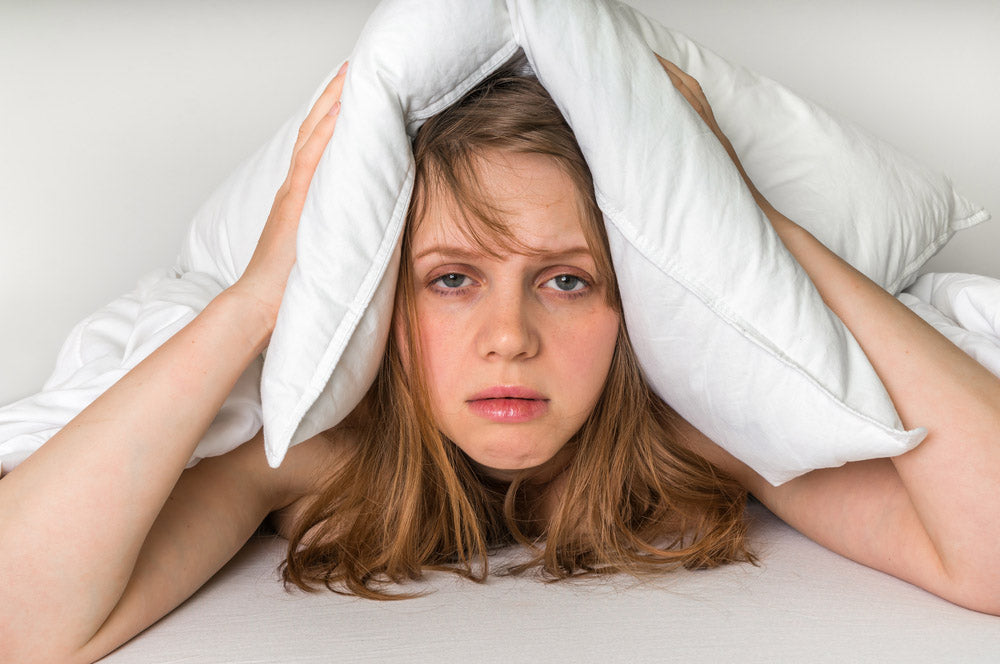
Epidemiological studies have shown that lack of sleep (usually less than 6 hours a night in adults) not only reduces alertness and impairs cognitive abilities. Lack of sleep also promotes obesity (overweight) and type 2 diabetes. It has even been linked to increased mortality in some studies. However, the physiological and endocrine disorders responsible for this are only just beginning to be understood.
Since sleep is essential, i.e. vital for our mental and physical recovery, persistent lack of sleep prevents these processes. The cells change, get sick and die. The metabolic processes shift, which triggers a chain reaction throughout the body.
Too little sleep over a long period of time makes us sick and damages the whole body at the cellular level.
Do I need less sleep as I get older?
This is a well-known assumption and widespread hypothesis. However, studies and observations have not been able to confirm this. It seems like the ideal individual sleep requirement changes little with age.
Beyond Nutrition tips for sleeping better
Here are our Beyond tips for a better sleep experience:
- Do sports and move every day
- No alcohol in the evening
- Leave work before bed
- Establish fixed bedtimes
- Create a pleasant sleeping atmosphere (light and room temperature)
- No TV or cell phone just before bed
Surely there are other tips and ways to improve the sleeping experience. But everyone has to find their own perfect rhythm and habits and stick to them.
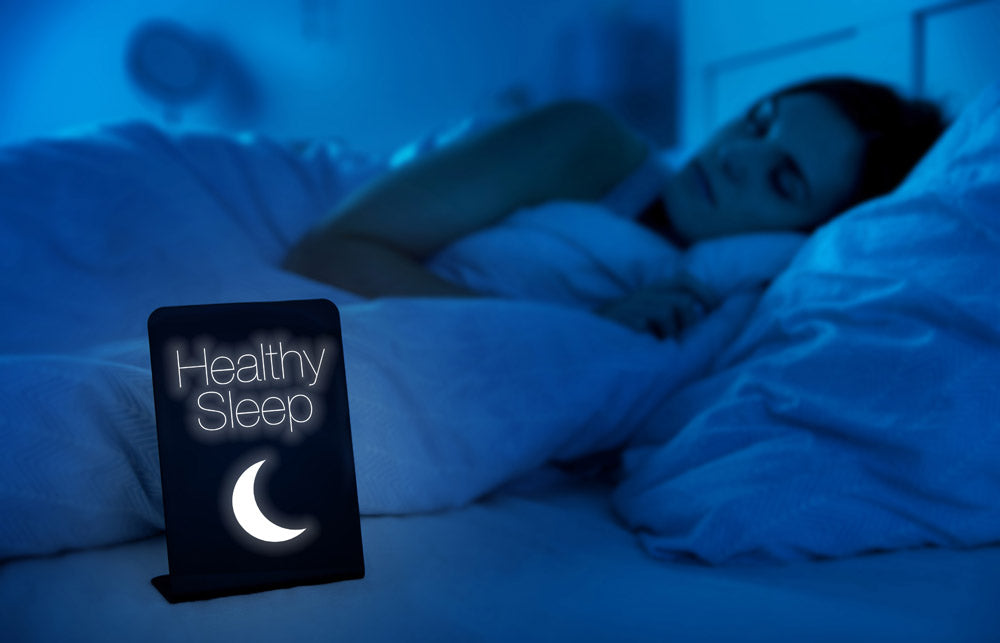
Beyond Recovery: Nourishing for the night.
We have developed a special formula for anyone who would like to support their organism during sleep. It contains, among other things, the previously mentioned tryptophan, magnesium and vitamin B6.
B vitamins are important for the nervous system and contribute to normal functioning. Magnesium supports muscle function and electrolyte balance. Zinc promotes cell division and supports the maintenance of hair, skin and nails. Vitamin C, as everyone knows, supports the immune system. Together with valuable plant substances we have created such a unique product. It remains to be mentioned that Recovery is not a sleeping pill, but a natural nutrient complex.
Learn more about Beyond Recovery.
final word
Sleep research has already achieved a lot, but there is still much more to discover and the topic of sleep still remains partially unexplained to this day. The fact is that healthy sleep is essential for our physical and mental well-being and performance.
Sources:
https://www.psych.mpg.de/848223/schlaf
https://www.somnolab.de/gesunder-schlaf/schlaf-was-ist-das/
https://www.netdoktor.de/schlaf/schlummerphasen-wie-schlaf-fu-11350.html





